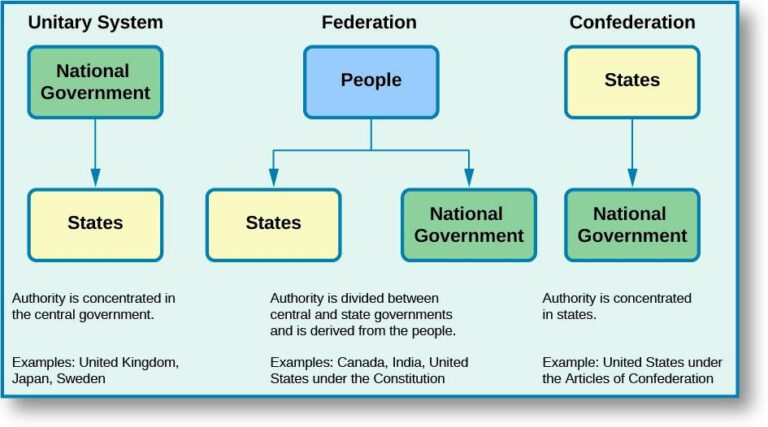In the midst of escalating debates over environmental sustainability, the local political landscape is witnessing a sharp divide over green energy policies. As municipalities grapple with the urgency of adopting renewable energy initiatives, tensions between officials and community stakeholders have intensified, revealing contrasting views on economic impact, regulatory measures, and the pace of transition. This growing rift underscores the complexities faced by local governments as they navigate the balance between ecological responsibility and economic viability.
Table of Contents
- Local Communities Clash Over Wind and Solar Project Approvals
- Economic Impact and Job Opportunities Fuel Sharp Debate
- Environmental Concerns and Public Health Risks Take Center Stage
- Experts Call for Collaborative Policy Making and Transparent Dialogue
- The Conclusion
Local Communities Clash Over Wind and Solar Project Approvals
Recent proposals for expanding wind and solar energy infrastructure have ignited fierce debates across several local communities. Supporters hail the projects as crucial steps toward sustainable energy independence and economic growth, emphasizing the long-term environmental benefits. Conversely, opponents voice concerns about the potential impact on the natural landscape, property values, and local wildlife. Key points of contention include:
- Visual and noise disturbances associated with large-scale turbines
- Displacement of agricultural and recreational land
- Unequal economic benefits perceived between developers and residents
This divide has not only fractured community meetings but has also influenced local election campaigns. Municipal leaders find themselves balancing the pressure to meet state-level renewable energy targets with the demand to address constituent concerns. As these discussions unfold, the challenge remains to find workable compromises that protect local interests while progressing toward cleaner energy goals.
Economic Impact and Job Opportunities Fuel Sharp Debate
As green energy initiatives accelerate,the economic implications have ignited fierce discussions among local leaders and stakeholders. Proponents argue that the transition will not only curb environmental damage but also catalyze economic growth by creating new markets and revitalizing industries. Job creation in renewable sectors such as solar, wind, and battery technology is highlighted as a major benefit, promising opportunities for upskilling and employment diversification. Though, critics warn of potential job losses in conventional energy sectors, emphasizing the need for comprehensive workforce strategies to mitigate disruption. The debate underscores the challenge of balancing immediate economic concerns with long-term sustainability goals.
The fault lines in the debate are frequently enough marked by contrasting visions of economic progress. Supporters call for increased investments in:
- Renewable infrastructure projects, which they say generate significant direct and indirect employment.
- Educational programs designed to equip workers with skills relevant to emerging green technologies.
- Policies aimed at fostering innovation and attracting clean energy businesses to the region.
Opponents caution that without clear pathways for workers currently employed in fossil fuel industries, the economic transition could exacerbate inequality and social unrest. The World Economic Forum’s recent analyses highlight the necessity for tailored job transition strategies that align with evolving labor markets, reinforcing the local political divide where economic priorities and job security concerns sharply contest the future direction of green energy policies[[1]](https://www.weforum.org/publications/the-future-of-jobs-report-2025/in-full/3-skills-outlook/).
Environmental Concerns and Public Health Risks Take Center Stage
Amid the escalating debate, opponents and proponents of green energy policies are locking horns over the potential environmental impact and public health implications in the community. Critics argue that the rapid implementation of certain renewable projects may disrupt local ecosystems, leading to concerns about habitat loss, water resource strain, and air quality fluctuations. Conversely, supporters emphasize the vital role green energy plays in reducing harmful emissions and combating climate change, which they claim ultimately benefits public health by lowering incidences of respiratory illnesses linked to pollution.
Public health experts and environmental groups highlight several key issues fueling the divide:
- Increased exposure to environmental toxins during construction phases
- Potential disturbance to wildlife and natural habitats
- Long-term benefits through decreased carbon emissions and cleaner air
- Community concerns over noise pollution and landscape changes
As tensions rise, stakeholders call for more transparent environmental impact assessments and inclusive public forums to address these concerns comprehensively, seeking a balance between advancing green technologies and safeguarding local health and ecological integrity.
Experts Call for Collaborative Policy Making and Transparent Dialogue
Leading analysts and policy experts are urging local government officials to embrace a more inclusive approach to developing green energy initiatives. They emphasize that fostering collaboration across political lines is essential for creating sustainable policies that endure over time. According to experts,transparent dialogue not only bridges gaps between opposing viewpoints but also encourages community involvement and trust. They recommend establishing forums where stakeholders from diverse backgrounds can openly discuss concerns and innovate together, ensuring no voice is left unheard.
To promote effective collaboration, specialists suggest implementing key strategies such as:
- Regular public consultations with clear communication of policy goals and outcomes
- Cross-party working groups that prioritize solutions over partisan wins
- Data-driven decision-making supported by transparent reporting
- Increased funding for educational programs that raise awareness on green technologies and their benefits
These approaches are seen as vital steps to overcoming the current impasse and moving the community toward a unified vision of clean energy development.
The Conclusion
As the community grapples with the challenges and opportunities presented by green energy policies, the political divide continues to deepen, reflecting broader national debates. Stakeholders on all sides agree on one thing: the decisions made today will have lasting impacts on the region’s economic future, environmental health, and social fabric. With upcoming elections and policy proposals on the horizon, residents and leaders alike will be watching closely to see how this critical issue unfolds.

